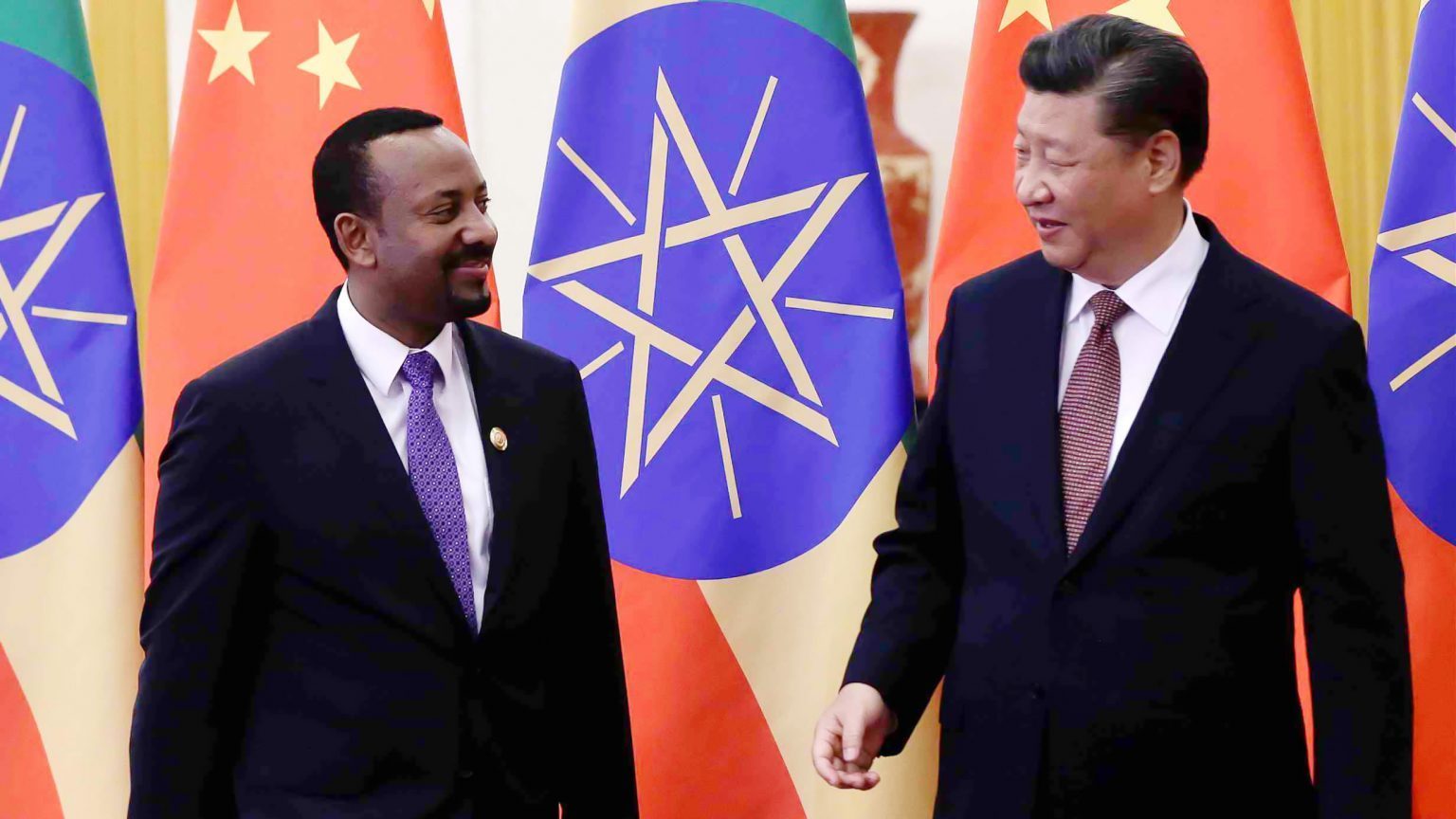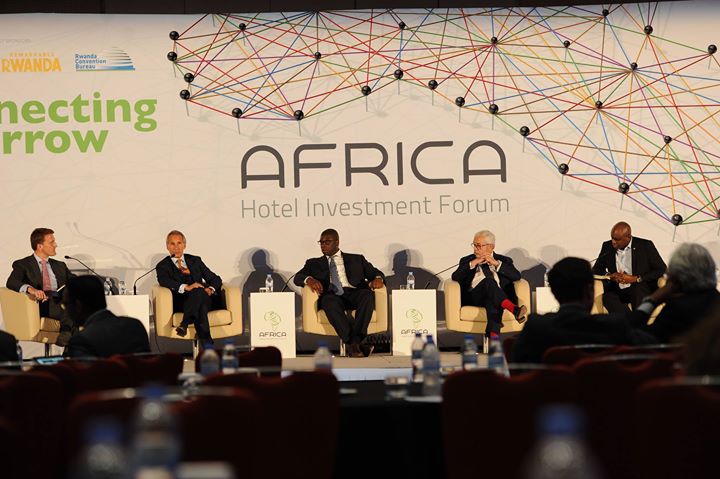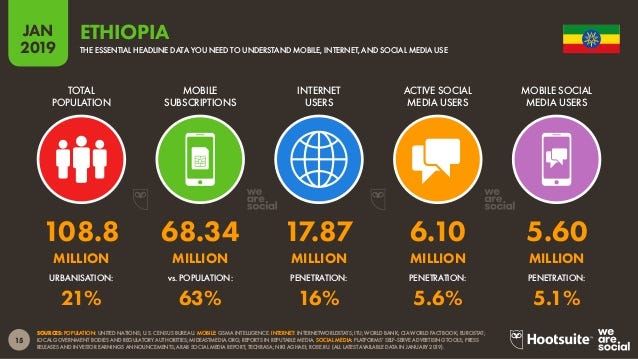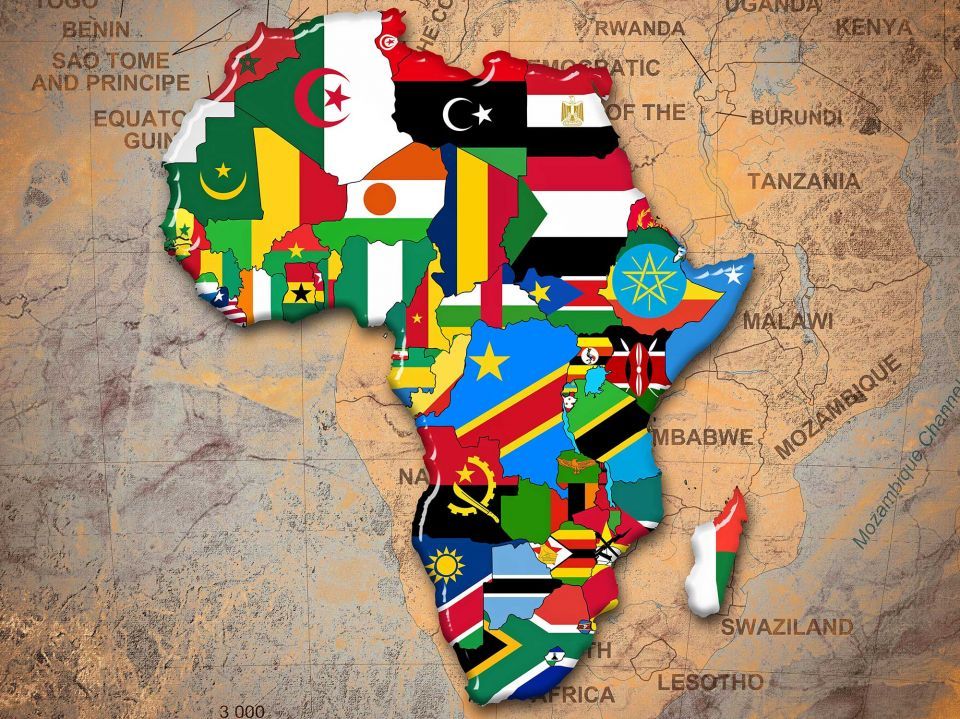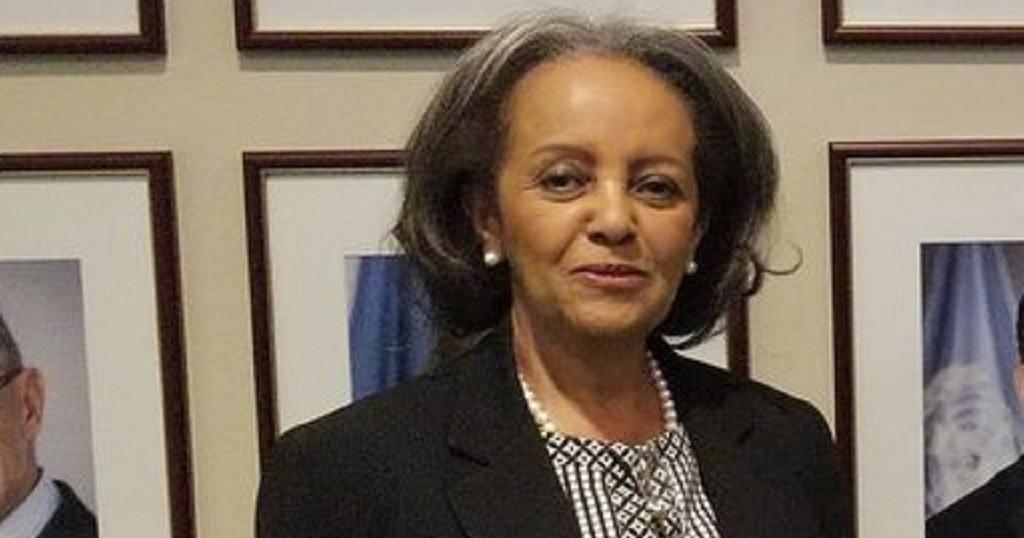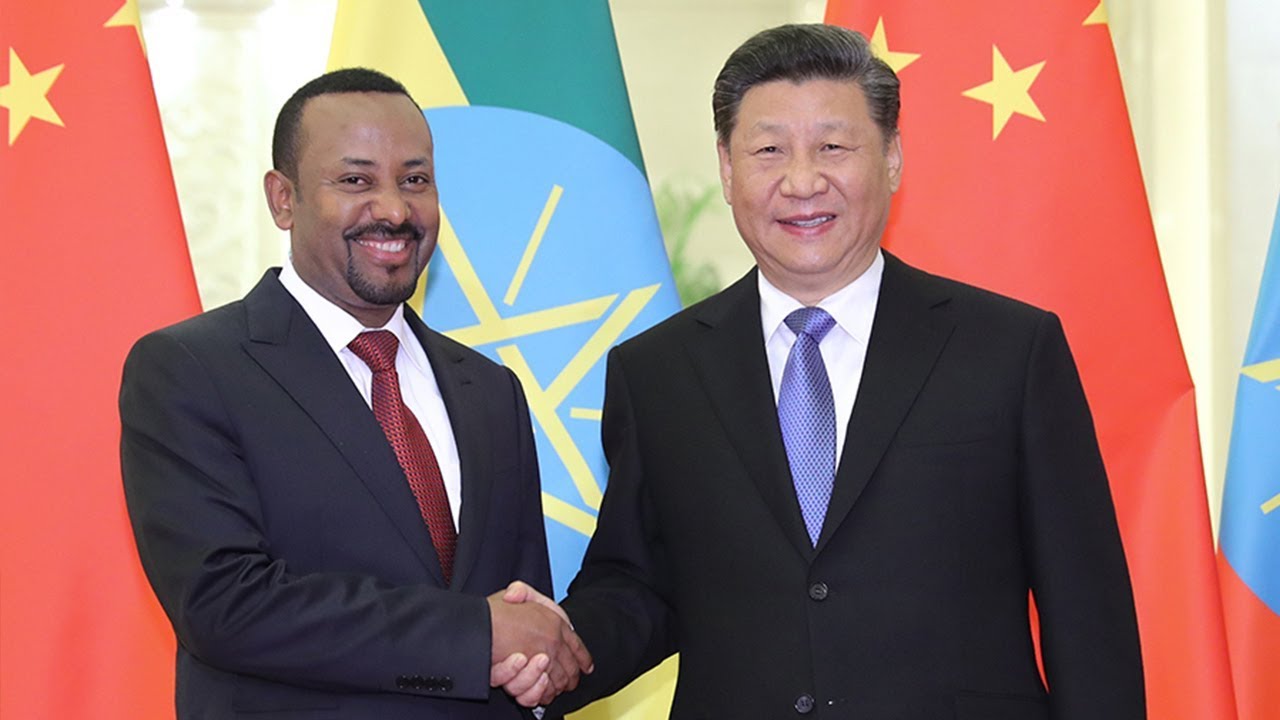Ethiopia Is Now $52 billion In Debt, Twice The GDP of Uganda
Ethiopia ’s debt profile is headed for another level. With over $52 billion debt, the country’s public debt is now more than 65% of the country’s Gross Domestic Product (GDP), and twice the GDP of the East African country of Uganda.

“We borrowed a lot of money but we have been unable to repay on the given time… We have borrowed significantly for infrastructure projects which really failed to achieve the desire result,” said Eyob Tekalign, State Minister of Finance of Ethiopia who presented the 11 months performance report to the Parliament.
What This Means
- Although Ethiopia’s fast economic growth registered for over a decade was attributed to being driven by the public investment mainly relying on loan, the economic growth has not been able to make the country pay back its debt.
- The Ethiopian government total debt from foreign and local lenders now surpasses $52.3 billion.
- As a result, Ethiopia is now forced to restructure the debt repayment schedule negotiating with the major leading country — China as well as by avoiding new debts and new public investment projects

Public debt has grown in Ethiopia over the years
“We have already avoided commercial loans because these loans when they have matured have really created a challenge of accumulated debt,” he said explaining some of the actions undertaken by the ministry as a result of the ongoing reform launched by Prime Minister Abiy a year ago.
“…We have prioritized supply side of economic growth which means working on productive sectors including mining, tourism, manufacturing even agriculture. We are still importing wheat and edible oil which in an economy like Ethiopia is really unacceptable” the Minister said.

The Gross Domestic Product (GDP) in Ethiopia was worth $80.56 billion in 2017. This year the government expects 9.2 percent growth through the economy of the highly indebted east African country has been not doing so well as a result of the internal political crisis and instability.
Charles Rapulu Udoh

Charles Rapulu Udoh is a Lagos-based Lawyer with special focus on Business Law, Intellectual Property Rights, Entertainment and Technology Law. He is also an award-winning writer. Working for notable organizations so far has exposed him to some of industry best practices in business, finance strategies, law, dispute resolution, and data analytics both in Nigeria and across the world.

